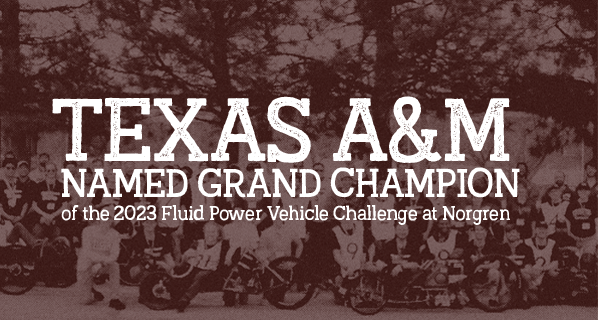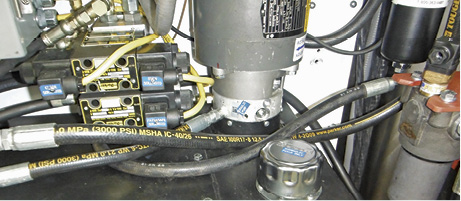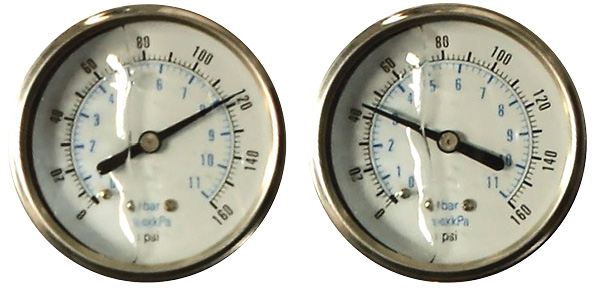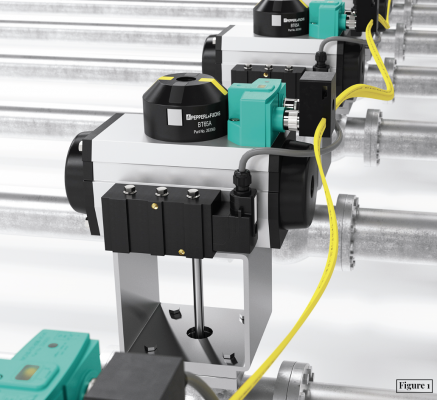Research to Watch: Free Piston Engine Based Off-Road Vehicles
This column will bring you the progress of the pre-competitive research being conducted at member universities that are part of the CCEFP network. This research will help give insight into the future direction of fluid power.
The Center for Compact and Efficient Fluid Power (CCEFP) holds a monthly forum, highlighting research, workforce, and special topic presentations.
CCEFP is a network of fluid-power-research laboratories, academic faculty, graduate and undergraduate students at nine universities. It is also a National Science Foundation Research Center. For more information on CCEFP, visit www.ccefp.org.
Since 2014, the National Fluid Power Association (NFPA) Foundation has supported and is helping to expand the pre-competitive fluid-power-research activities of the CCEFP, dramatically increasing the number of institutions and students impacted by its research program. For more on NFPA, visit www.nfpa.com/aboutnfpa/missionfocus.aspx.

Presented By: Keyan Liu, Research Assistant
Research Assistant: Chen Zhang
Institution: University of Minnesota
PURPOSE
The goal of the project is to provide an efficient, clean and flexible fluid power source for mobile applications, including both on-road vehicles and off-road heavy machineries. Due to its compact architecture, small inertia, high power density, and ultimate freedom on the piston motion, the hydraulic free-piston engine (HFPE) is selected as the solution to achieve the aforementioned goal.
This project has focused on the design, control, and testing of free piston engine pumps for off-road vehicles, a potentially transformational architecture. It has differentiated itself from existing technology approaches by controlling the hydraulic engine, in lieu of variable pumps, to generate the required pressure and flow for the vehicle’s hydraulic actuation systems, including both linear and rotary motions.
PROGRESS
Simulation results show that with proper control of valve command and fuel injection, the free-piston engine (FPE) can work as a digital fluid power source with very short response time. Efficiency analysis shows optimal working conditions can be found, and overall system efficiency is higher than in the current solutions. With the supercharger system, the scavenging process is improved, and repeatable combustion looks promising.
NEXT STEPS
Improvements will be attempted on the repetitive control strategy to investigate the realization of continuously changing working conditions. Simulation work will also be conducted to investigate the system performance with actual actuator circuits and working cycles. Testing of the FPE test bed will continue in an effort to get repeatable combustion and to prepare for testing the independent pressure and flow control (IPFC).







